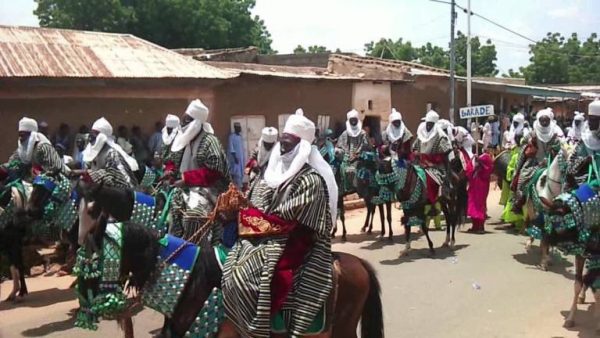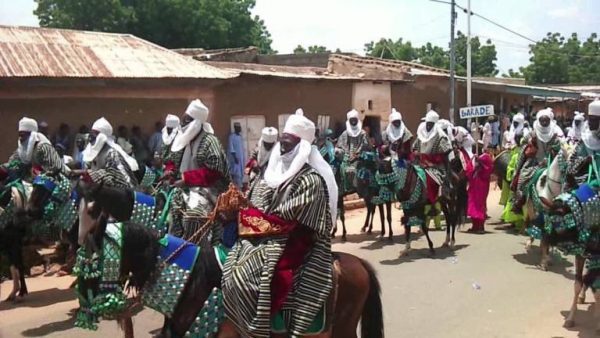The area where the Warji or Warjawa people live in Bauchi is known as the Ningi area; an area characterized by high fertility. In addition, the area remains well-watered by the Delimi and Bunga Rivers. The area is in the Plateau region with thick tree growth, many streams, and a variety of animals.
Ancestral Descent and Ties
The Warjawa are a peculiar people who live in the Warji and Ganjuwa districts of Bauchi State of Nigeria. That geographical location has been reckoned as their habitation from time immemorial and has remained so for many generations. It is noteworthy also that there are some Warji settlers in Kano, who have settled across the boundary of Bauchi and have adopted the Hausa culture; a result of cultural assimilation. However, a bulk majority live in Bauchi and continue to follow their traditional culture and practices of the ancestral Warji people. The Warjawa is also closely related to their neighbours the Afawa, with whom they share similarities in language and culture. Warji is also geographically and politically related to the Butawa people.
Read more on Nigerian ethnic groups
The Socio-Economic and Cultural Structure
The livelihood of the Warji people is dependent on Farming. Farmers grow guinea corn, rice, millet, sweet potatoes, okra, and peppers. Most families keep sheep, goats, horses, and some cattle, which are often tended by Fulani nomads. Other occupations include hunting, fishing, making palm-leaf mats, dyeing, and trading.
The socio-cultural formation is patrilineal in structure. Warji villages are separated into wards which include the extended families, each ward has the eldest male of the family as its leader. For the elders, each ward has a clubhouse, essentially a round shelter supported by strong branches with stone slabs for seats. Warji youths also have clubhouses built around tall poles and painted with red, white, and black bands.
Marriage, Rituals and Ceremonies
Young men may choose wives subject to the approval of their parents. Until he marries, the suitor must perform manual work, usually on the farm of the girl’s family. Polygamy is a common practice, and women often leave their husbands to be remarried to a different husband. These practices are however gradually eroding due to the influence of westernization.
In terms of rituals, boys from the ages of seven to nine years are taken outside the village to the sacred grove of the forest to be circumcised at an interval of four years. After two months of healing and rigorous training, they are brought back, and a festival is celebrated. At the age of fifteen, the chief-priest takes the boys to the shrine of the dodo (a masquerade cult of the ancestors) to undergo training and discipleship and to learn tribal mysteries.
Sign up to the Connect Nigeria daily newsletter
Other important ceremonies include the planting and harvesting festivals and the rain cult. These rites and festivals are accompanied by much feasting, drinking, dancing, and wrestling. The priest makes offerings and sacrifices to ensure plenteous crops and rains. The Yinna festival gives a chance for the youth to show their strength and bravery. After much eating and drinking, the youth visit and dance in the homes of others in their age grade.
Religious Beliefs and Practices
Westernization has greatly influenced the Warji people. This has caused the Warji people to adopt the missionary religions of Christianity and Islam. Many, however, still follow their traditional ethnic beliefs. In times of trouble or sickness, the people worship family and clan ancestors. Every Warji ward has a pile of logs that serves as a shrine to represent the family Dodo. Periodically, members of the ward pour blood and beer over the shrine and perform rites. Villagers only occasionally visit other shrines located in the dense forests. Aside from worshipping their ancestors and sacrificing to spirits and gods, the Warji also practice magic and exorcism.
Sources:
Joshuaproject
Wikipedia
Featured Image Source: iDONSABI
Did You find this article useful? Contact us: [email protected]


